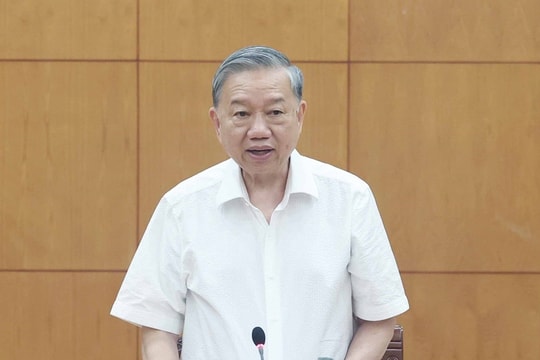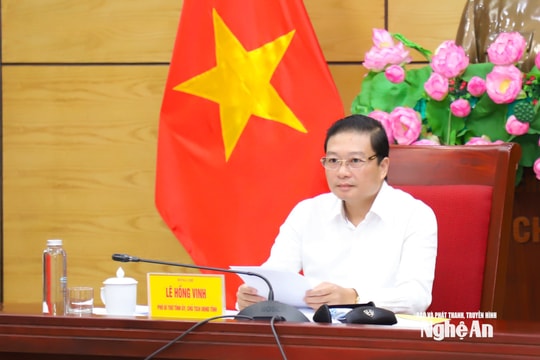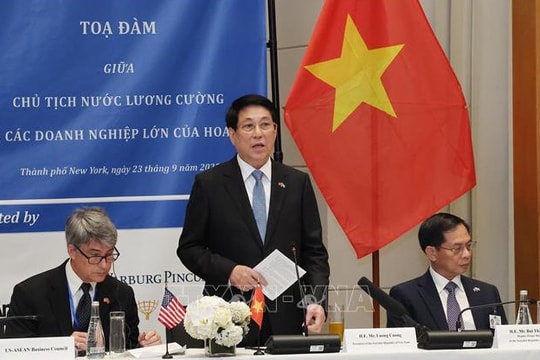Has the semiconductor chip war between the US and China reached its climax?
(Baonghean.vn) - The US has introduced sanctions aimed at blocking China's access to the most advanced semiconductors as well as the equipment and talent needed to produce them in recent months, citing national security.
The semiconductor war between the US and China seems to have no end in sight. Despite the COVID-19 pandemic disrupting the global semiconductor supply for the past three years, the industry is gradually recovering to meet the growing demand for semiconductors.
There is no denying that China is a global player in the semiconductor industry, and the US still manufactures a lot of its products in China. However, the ongoing sanctions imposed by the US on China are now reaching a tipping point for the industry.
The US has moved in recent months to block China's access to the most advanced semiconductors and the equipment and talent needed to produce them, citing national security.
China has dismissed those concerns, accusing the United States of “technological terrorism” and unfairly hampering its economic growth, and has sought to counter measures put in place by the US government.
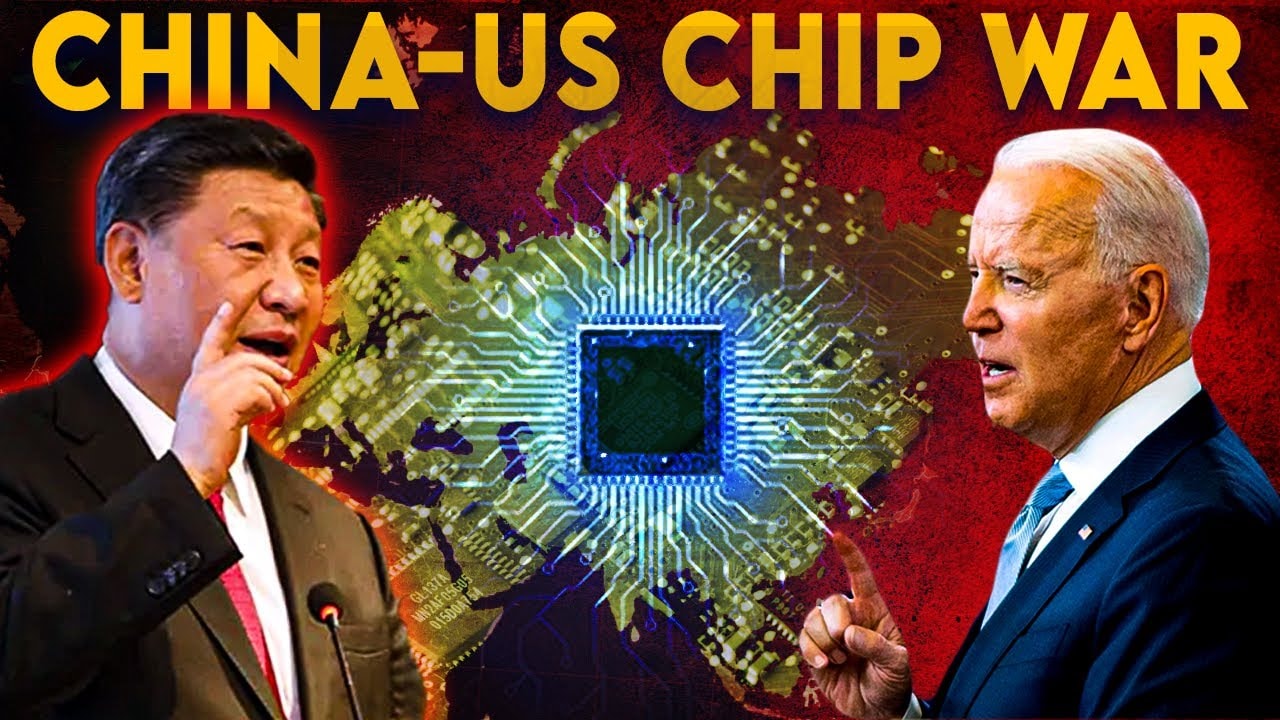 |
Why are semiconductor chips important?
Microchips are the lifeblood of the global economy in the Industry 4.0 era: tiny silicon wafers are found in all sorts of electronic devices today from LED light bulbs and washing machines to cars and smartphones. They are also vital to core services such as healthcare, security and utilities.
According to a report published last year by global management consulting firm McKinsey (USA), globally, semiconductors are expected to become a $1 trillion industry by 2030.
Nowhere is their essential nature more evident than in China, the world's second-largest economy, which relies heavily on a steady supply of foreign semiconductor chips for its vast electronics manufacturing facilities.
In 2021, China imported $430 billion worth of semiconductors, more than it spent on oil.
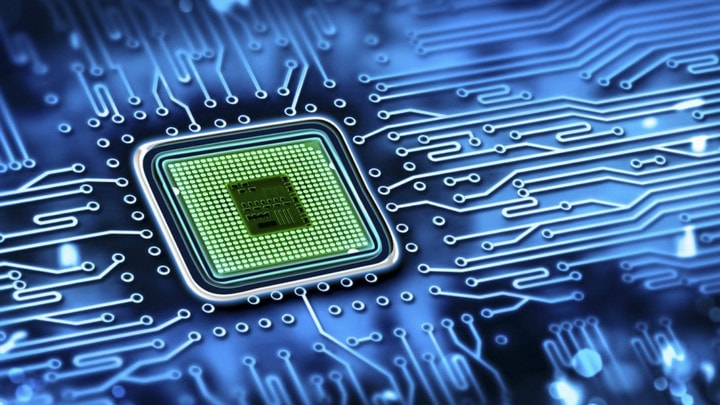 |
Why target China?
In addition to products like iPhones, Teslas and PlayStations, the most powerful semiconductor chips are also crucial to the development of cutting-edge technologies like artificial intelligence (AI), advanced weapons including hypersonic missiles and stealth fighters.
The Washington administration imposed a series of export controls on semiconductor chips and semiconductor manufacturing equipment last year to prevent “technology sensitive to military applications” from being acquired by China’s armed forces as well as its intelligence and security agencies.
In March this year, the Dutch government also imposed controls on the sale of equipment used to manufacture semiconductor chips abroad to prevent their use for military purposes on national security grounds.
Along with the Netherlands, Japan has also announced similar measures to prevent the use of advanced semiconductor chips for military purposes.
Although the Netherlands, a member of the North Atlantic Treaty Organization (NATO), and Japan, a US ally, did not specifically name China, their restrictions have angered Beijing.
The restrictions target the most advanced semiconductor chips and chipmaking technology that can be used for supercomputers, high-end military equipment, AI development and other applications.
Why is China concerned?
Semiconductor chip manufacturing is extremely complex and often takes a long time to research and develop, while many steps in the production of advanced semiconductor chips rely on American technology and modern equipment from Japan and the Netherlands.
This has given the US-Japan-Netherlands trio a huge influence on the global semiconductor chip industry.
“It will take China years to develop alternatives to the technologies it is losing access to. If it were easy, Chinese companies would have done it,” said Chris Miller, author of “Chip Wars: The Battle for the World’s Most Important Technology.”
What sanctions have been imposed on China?
Chinese semiconductor companies stockpiled components and machinery ahead of the US export controls last October to cushion the blow. But a major chipmaker told AFP that once inventory runs out or repairs are needed, US export controls will kick in.
Some Chinese tech companies have been unable to secure access to semiconductor chips, leading to the loss of lucrative foreign contracts, forcing them to cut jobs and freeze expansion plans.
The restrictions by the US, the Netherlands and Japan have directly affected some of China's largest chipmakers, including China's top semiconductor chipmaker Yangtze Memory Technologies (YMTC).
In addition, these sanctions have also depleted China's semiconductor talent pool. A recent survey of Chinese semiconductor companies' human resources shows that they need about 800,000 foreign semiconductor workers by 2024.
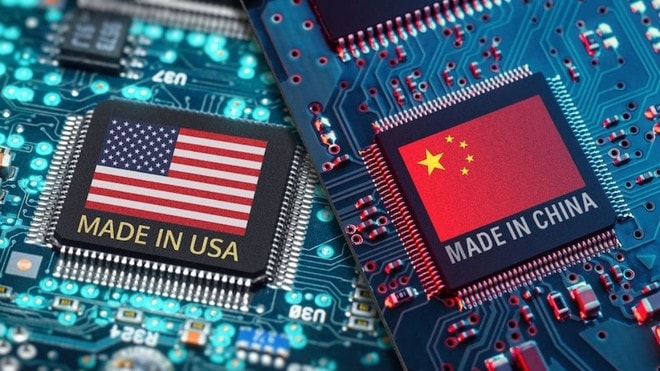 |
How did China react?
In the face of sanctions from Washington and its allies, Beijing has responded with anger and defiance, vowing to accelerate efforts to become self-sufficient in semiconductors.
To overcome the US sanctions, two leading semiconductor researchers at the Chinese Academy of Sciences released a detailed plan last February, suggesting that the Chinese government invest more effectively in high-quality talent and research and development (R&D) in the semiconductor sector.
One of the biggest beneficiaries of US sanctions is semiconductor maker YMTC, which has received $7.1 billion in support since the new US export controls took effect, company filings show.
Is more investment the answer to China?
The tens of billions of dollars China has pumped into its domestic semiconductor industry have yet to yield much fruit. China has set a goal of achieving 70% self-sufficiency in semiconductor chips by 2025, but some consultants estimate the country currently meets less than 20% of its needs.
“China has no good options except to double down on state support for the semiconductor industry,” said John Lee, director of consultancy East-West Futures.
Experts say China can achieve its goal of self-sufficiency in semiconductor chips, but it will take longer due to restrictions from the US and its allies.
Meanwhile, co-founder of the famous technology corporation Microsoft, billionaire Bill Gates said: "I don't think the US will succeed in preventing China from owning advanced semiconductor chips. But we will force them to spend time and a lot of money to do that."
(According to https://techwireasia.com/2023/04/is-the-chips-war-between-us-and-china-reaching-tipping-point/)





